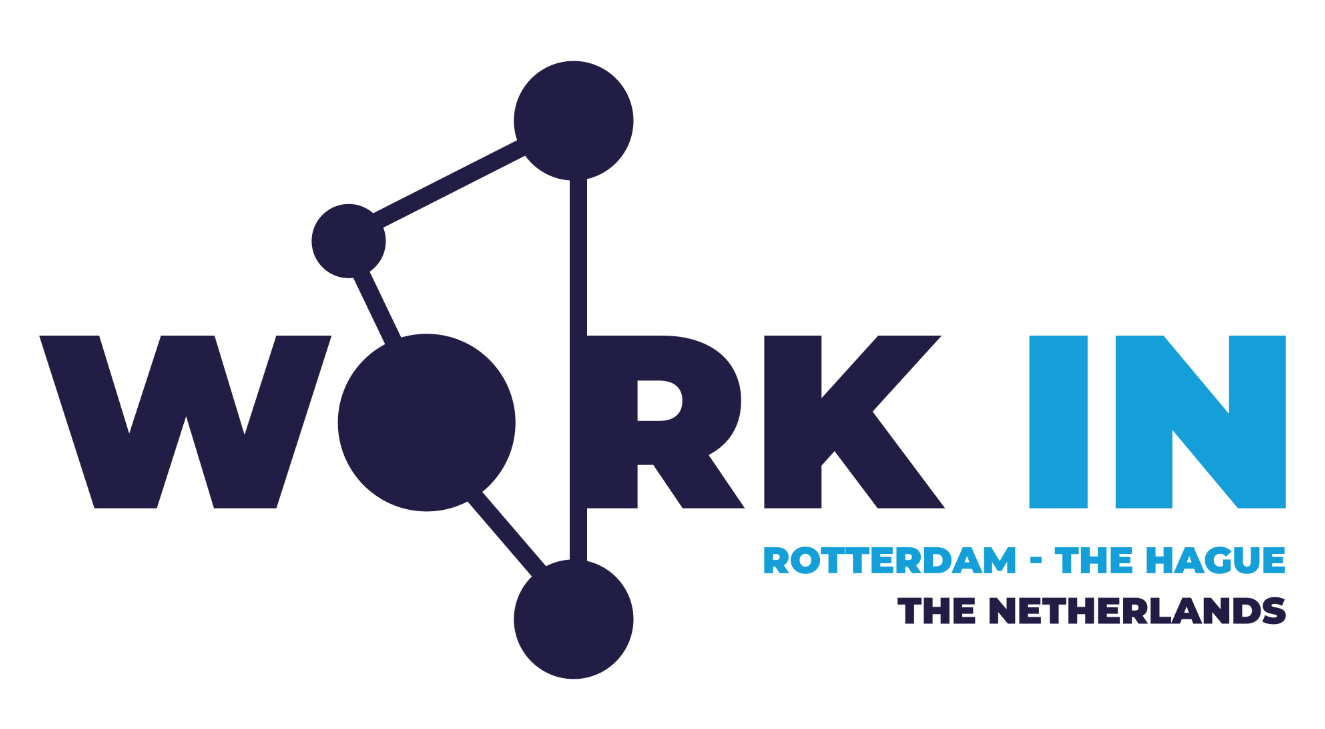
Circularise is a digital product passports and mass balance bookkeeping software provider focused on sustainability and supply chain transparency. Their platform enables suppliers, manufacturers, recyclers, and brands across various industries, including chemicals, plastics, and metals, to trace materials and share environmental data securely. Circularise's primary offering is a digital product passport, which provides detailed records of a product's origin and environmental impact, backed by blockchain technology. This allows companies to demonstrate sustainability and comply with regulations like ISCC EU and ISCC PLUS. Their tools also facilitate Life Cycle Assessments and Product Carbon Footprint calculations, enhancing visibility into Scope 3 emissions and supporting compliance with emerging sustainability regulations.
Something looks off?
